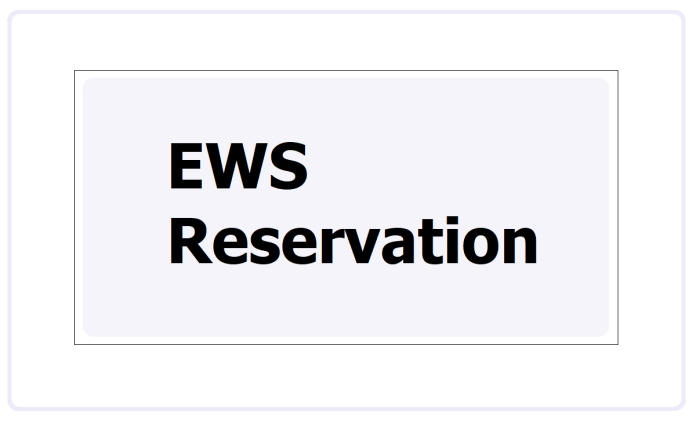- Indian society is an amalgamation of different castes, creeds, classes, and religions which always makes it an extremely challenging experience for the authorities to ensure any affirmative actions initiated reach the intended beneficiaries. Since time immemorial, the Indian citizens identified as the lower castes have suffered inhuman treatment owing to society’s prejudicial perspectives. The so-called upper castes have ruled the roost by ensuring the lower castes continue to lead a subdued existence despite advancements in the present-day world. Ever since the independence, things have started to look brighter for the suppressed communities through affirmative actions.

PC: Mind Help
- Hence, the reservations and quotas in government and educational institutions dominate Indian society even now. As is its wont, the moment the political class smells an opportunity to consolidate vote banks, trust them to come out with demands and provisions to introduce quotas and reservations to impress upon the voters. As it stands now, a 50% cap on reservations exists as per the Supreme Court diktat. We know how the BJP-led NDA introduced 103rd Constitution Amendment Act providing 10% reservation for Economically Weaker Sections. Of course, the matter reached the Apex Court for adjudication.
- Now, the 3-2 Supreme Court verdict upholding the 10% reservation for EWS has given the stamp of legitimacy to economic criteria for reservations. The general category citizens, especially those representing economically weaker sections of society, always felt let down by successive governments for not caring for them. The EWS verdict will be welcomed by them. Undeniably, the poor, irrespective of their social groups, are at a disadvantage, and affirmative action, reservations included, should be considered. However, the sharp disagreement between the majority and minority judgments on the question of a 50% cap on reservations may have set the stage for future controversies.

PC: Rudra
- The majority verdict said the 50% cap was for existing reservations while EWS is an entirely new criterion. Nonetheless, critics are arguing that Monday’s verdict marks the first time SC has allowed the breach of the 50% cap. The constitutional challenge to the 76th Amendment Act, 1994, where Parliament insulated Tamil Nadu’s 69% reservation from judicial review, is still pending. This was referred to by the dissenting judge as well. The moot point to ponder over here is whether the reservations and quotas have run their course. You may be aware that affirmative actions were meant for a certain time but our political class has endured the same for eternity with no signs of slowing down.
- Thus, the EWS ruling won’t be the final word, and further clamoring for reservations/quotas will be heard in the future. Lost in all this will be questions like whether the Rs 8 lakh income ceiling makes sense in terms of helping the truly deprived since the annual per capita income for a five-member household is Rs 6.5 lakh, as per available data. To truly benefit the poor, deprivation needs quantification via extensive government surveys. Sadly, such empirical exercises no longer find official favour. Expect political parties to up the ante demanding more reservations/quotas.






